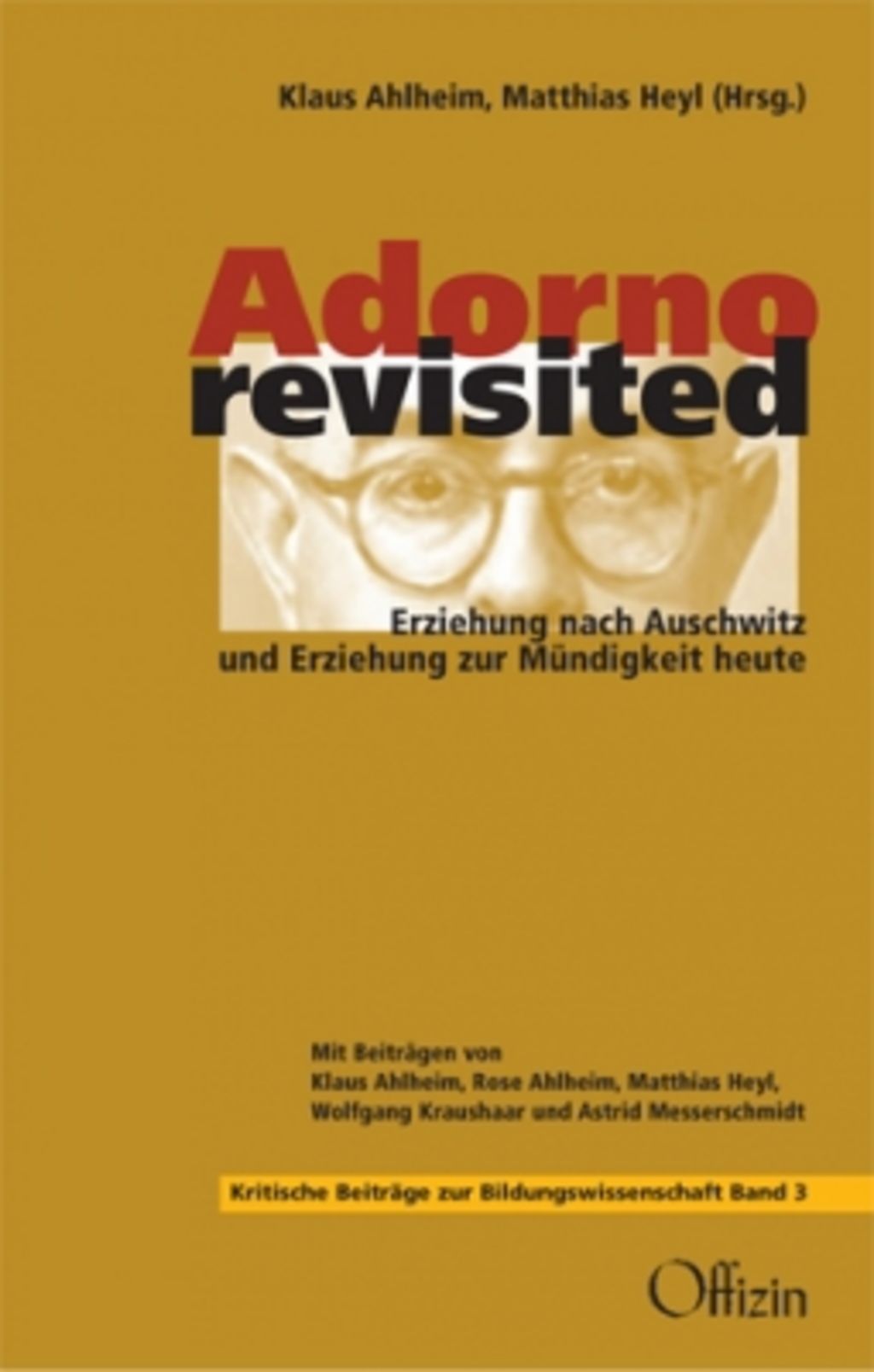The Ravensbrück Colloquium was introduced in 2002 as a way of bringing together actors and educators in the fields of memorial pedagogy and historical-political education.
In 2002 the Ravensbrück Memorial held three colloquia in a row. In November 2002, the colloquium entitled ‘Bad Freienwalde | Berlin | Amsterdam – Hans Keilson’ focused on the psychoanalyst Hans Keilson who, already 93 at the time, visited Ravensbrück for two days to talk primarily about his psychoanalytic practice with survivors of the Shoah. A colloquium in December dealt with the depiction of Nazi perpetrators in history, literature, and the media.
In September 2003, historian Michael Wildt and philosopher Werner Konitzer talked about Himmler’s Posen speech.
Also in 2003, we talked with social psychologist Harald Welzer about ‘the familial, school, and social environment for memorial pedagogy’.
The topic in March 2004 was ‘Memorial souvenirs’. After this colloquium, Ulrike Dittrich and Sigrid Jacobeit published a work entitled KZ-Souvenirs: Erinnerungsobjekte der Alltagskultur im Gedenken an die nationalsozialistischen Verbrechen, which is available online as a PDF from the Brandenburg State Centre for Political Education.
‘Gender-specific aspects of the right-wing extremist scene’ were explored by a colloquium in June 2004, which was held in Ravensbrück in cooperation with the Centre for Antisemitism Research at TU Berlin.
In the same year, a colloquium entitled ‘Good conduct...’ examined one of the most popular educational offers at memorials – the ‘tour’ – in a discussion with Annette Eberle (formerly of the Dachau Concentration Camp Memorial), Annegret Ehmann (formerly of the House of the Wannsee Conference Memorial), and Alexander Schmidt (formerly of the Flossenbürg Concentration Camp Memorial).
‘“Against the wall”– pedagogical failure between demand and reality’ was the topic of the colloquium in March 2006, which was organised in cooperation with the RAA Brandenburg.
In 2009 we looked at perpetrators again and ‘their representation at places of public remembrance’ in a colloquium entitled ‘Counterpoints of remembrance’.
The Ravensbrück Colloquium entitled ‘Adorno revisited: What does it mean to “confront the past”?’ from the same year was documented in conference papers by Klaus Ahlheim, Wolfgang Kraushaar, Astrid Messerschmidt, and Matthias Heyl in a book edited by Ahlheim and Heyl: Adorno revisited: Erziehung nach Auschwitz und Erziehung zur Mündigkeit heute [Hanover 2010 (Offizin Verlag, ISBN 978-3-93034-589-2)].

